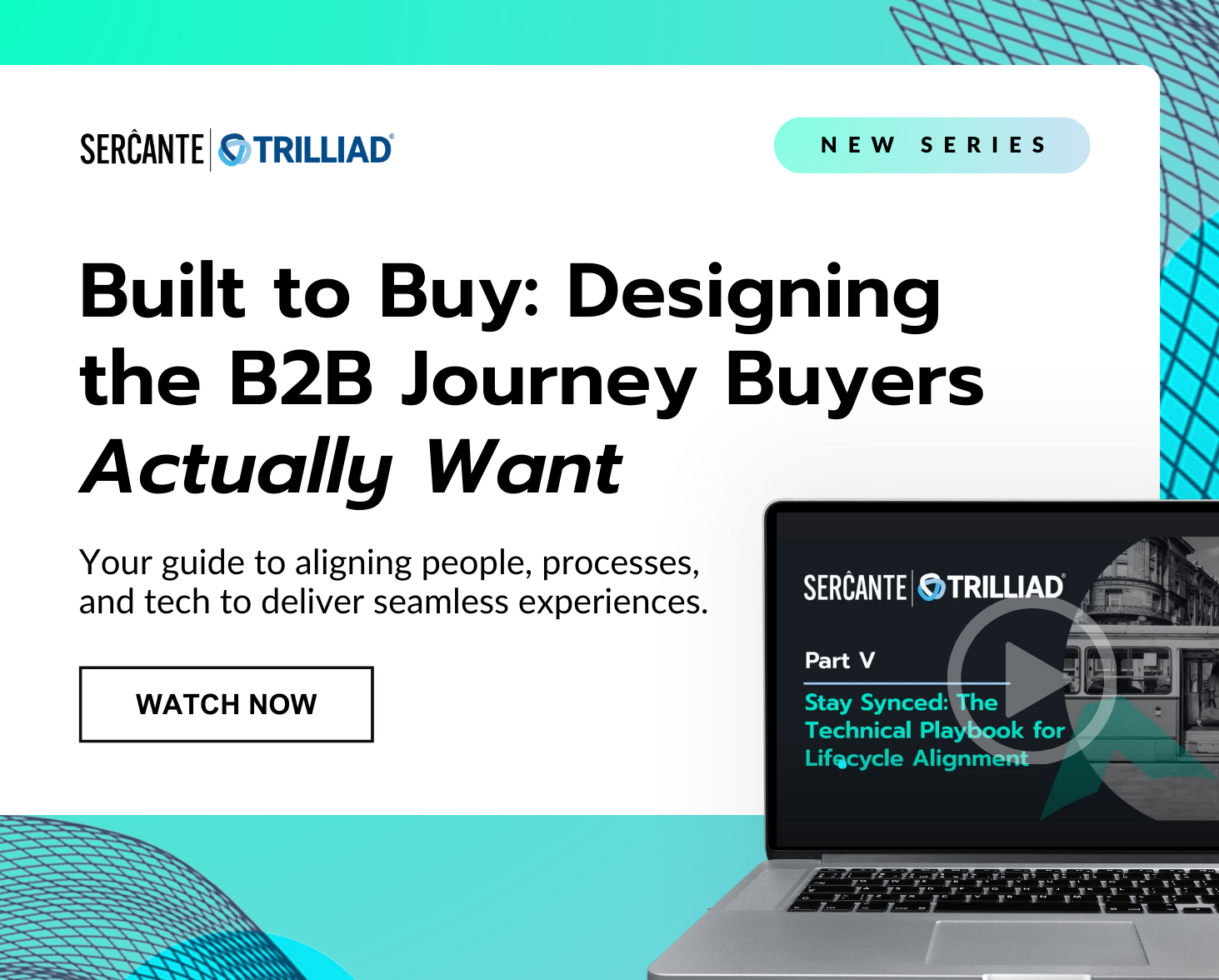In a move that extends beyond the chatbots used to formulate interview questions or write email subject lines, Salesforce is expanding automation capabilities by integrating Einstein GPT and Data Cloud with Salesforce Flow.
So, what does the announcement from Salesforce mean for marketers?
Bringing Einstein GPT and Data Cloud capabilities into Salesforce Flow means marketers can use the automations to create impressive real-time experiences for customers. And they’ll accomplish that using clicks rather than coding skills.
It’s something that will make the tools easily scalable for Salesforce customers at every growth stage.

How and when can Salesforce customers access it?
The announcement actually involves two initiatives Salesforce is launching. The first is a tighter integration between Salesforce Data Cloud and Flow. And the second is the integration of Einstein GPT and Flow.
According to John Kucera, senior vice president of product management at Salesforce, customers can use Flow currently with Salesforce database data. The integration updates between Data Cloud and Salesforce Flow are opening up the possibilities, and incorporating Einstein GPT is adding an efficiency edge to the technology.
Kucera said the Einstein GPT capabilities will be available on an early adopter basis in early fall as part of the Salesforce Winter ‘24 release. He went on to say that the Data Cloud integration will probably be offered as part of a standard Salesforce subscription, and Einstein GPT for Flow may carry an additional charge once those details are worked out.
Einstein GPT and Data Cloud Capabilities
Salesforce introduced Einstein GPT in March 2023 as the world’s first generative AI CRM technology, which infuses proprietary Salesforce AI models with generative AI models from OpenAI and other large AI models. And Data Cloud takes customer data from any source inside or outside the Salesforce platform and harmonizes it in real time.
So what in the world does that mean for marketers?
That means marketers can use information from Data Cloud to generate content and build workflows via Einstein GPT. Since Data Cloud reacts to data changes in real time, marketers can serve content that adapts dynamically and creates personalized experiences every time.
For example, a marketer could use Einstein GPT to generate an email with dynamic content blocks that update in real time when a Data Cloud field updates based on customer activity.
John Kucera said to SiliconANGLE, “You can give it a prompt such as ‘I want to create a guided workflow for a new customer or create a rule to follow up with an email to customers who haven’t responded in five days.”
Infusing Einstein GPT and Data Cloud with Salesforce Flow
The new integrations are going to turn things up a notch for marketers. Here’s what happens when we incorporate Salesforce Flow into the Einstein GPT and Data Cloud mix.
What is Salesforce Flow?
Salesforce Flow is a declarative automation tool. It allows you to create complex automations inside the platform using clicks rather than code, so users can get in there without the need for developer skills.
Marketers use Salesforce Flow for things like managing campaign activations, automating customer onboarding steps, or creating a custom task series for sales teams.
How can marketers use Salesforce Flow with Einstein GPT and Data Cloud?
Using the Einstein GPT and Data Cloud integration alongside Salesforce Flow is changing the game for marketers who use the platform. That’s because marketers will be able to use conversational chatbots to automate complex workflows and trigger actions in real time.
Users and admins can describe the type of flow they want to build, and then they’ll sit back and watch the chatbot complete the tasks. Or, it can be used to build formulas or search for functions. It removes much of the manual and tedious work that goes into creating complex flows and automations.

Source: Salesforce
For example, a field in Marketing Cloud Engagement detects that a customer added items to their shopping cart, but they left the page without completing the purchase. That triggers an immediate email notification, created via generative AI, that goes to the customer and offers a discount code for them to complete the purchase.
In summary, the three benefits to marketers include:
- Reduced flow build time
- Access to more options to automate with flow
- Improved real-time personalization for customer interactions
Get ready for generative AI inside your Salesforce org
We’re on the edge of our seats with anticipation for combining Einstein GPT with Salesforce Flow and Data Cloud capabilities.
These technologies make us feel like we have a front row to the future of CRM and marketing automation. So, in the meantime, we’ll be thinking about all the ways we can use conversational AI to do all the things us busy marketers do.
Have any aha use cases you’d like to share? How do you think Einstein GPT, Data Cloud, and Flow are going to work together in your org? Let us know in the comments!
You can also drop us a line if you’re wondering how you can incorporate these tools into your marketing operations strategy.













